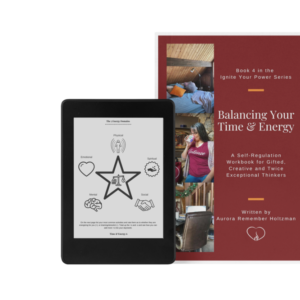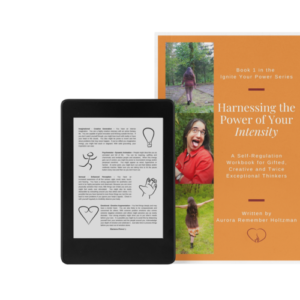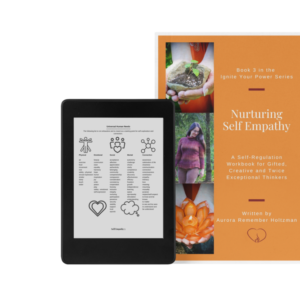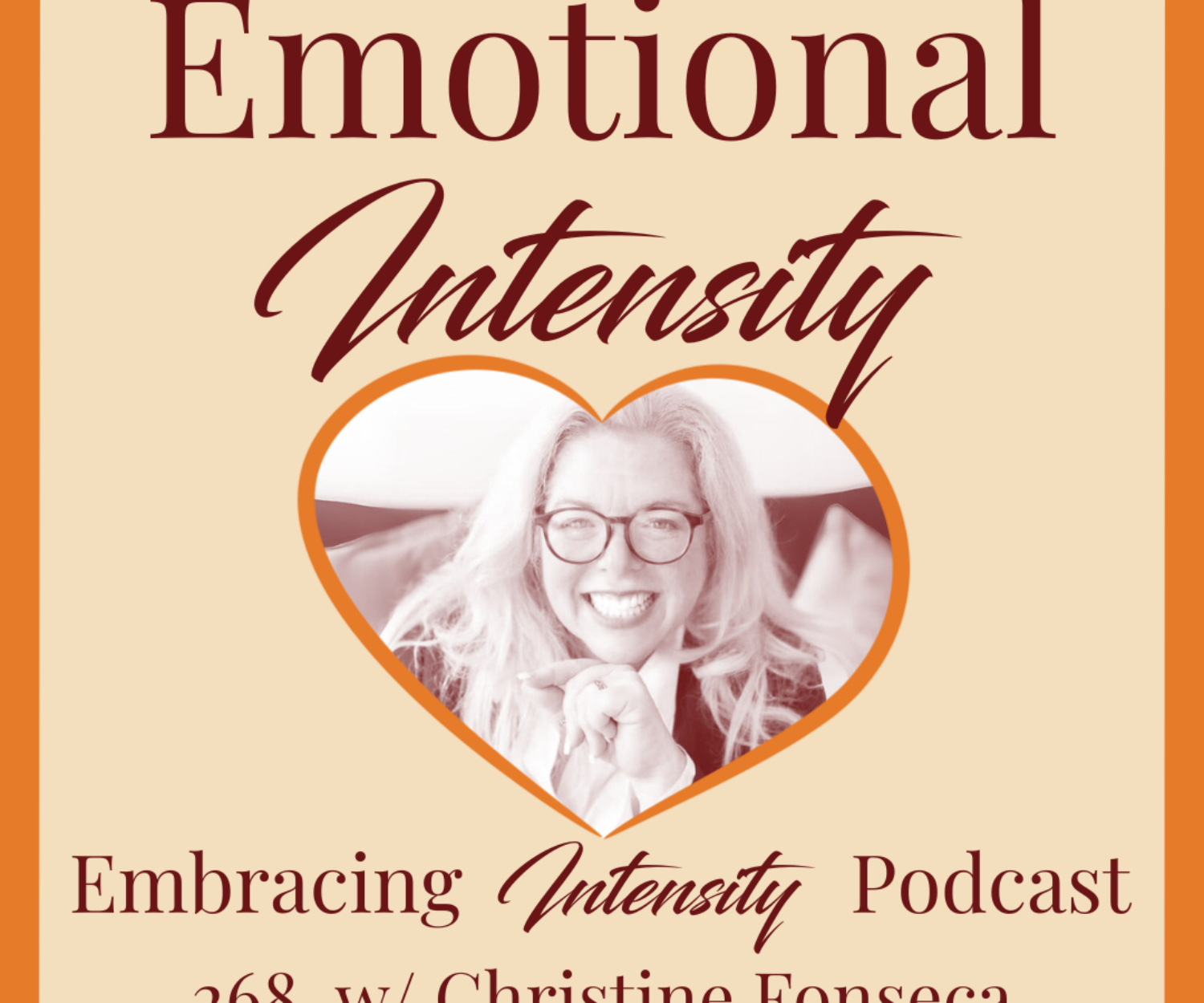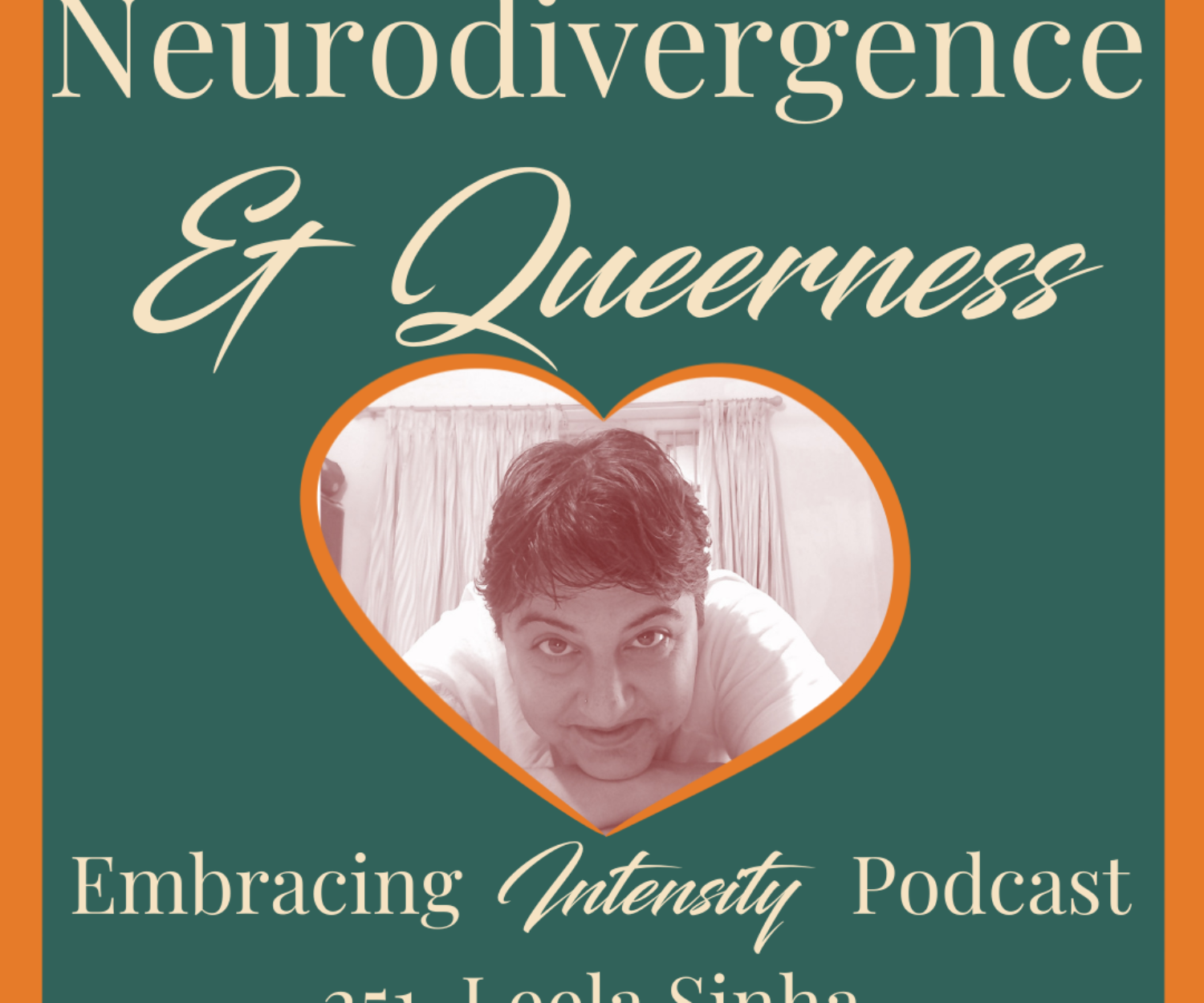Have you ever felt like you are too much?
Too intense? Too sensitive? Too analytical? Too scattered? Too emotional? Too dreamy?
You might be highly excitable. Highly excitable people have an increased ability to perceive and respond to their environment. In other words, they pick up on things that other people don’t and respond more intensely than the average Joe. They tend to be easily excited and inspired. Other words that might be used to describe them include emotional, passionate, fiery, restless, enthusiastic and responsive.
Signs you might be highly excitable:
-
Little things bother you or you tend to tune them out.
-
You overthink everything – or keep yourself distracted during the day so your thoughts keep you up.
-
Your mind is often somewhere else creating or imagining things or you feel stifled fitting into a box.
-
You are constantly “on the go” or you easily crash with fatigue.
-
You move quickly from extreme joy to extreme sadness or you do what you can to numb yourself from deep feelings.
-
You drive yourself to do things “just so” or you put things off or not complete them because you believe you can’t do them justice.
Overexcitability and what it means to me
My son has been highly sensitive and reactive since birth. On the day he was born when he finally latched on to feed, the pleased sounds of those in the room made him pop off and look around. I had to feed him in a room alone most of the time because he was too curious about people around him. I couldn’t even read a book because the sound of the page turning caught his attention. He was a colicky infant and I believe it was partly due to the fact that he had so much going on in his little head and he couldn’t communicate it yet or fully control his body.
Over the years he has become a bright and engaging boy. He has the ability to express great empathy but at other times likes to do his own thing without thought of how it might affect others. He also reacts to things in a very extreme way, both positively and negatively. I was doing some research based on his challenges adjusting to the behavior expectations of school this year and I came upon the concept of overexcitabilities. It not only hit the nail on the head with everything I saw in him, but explained so much of my own life.
Those who are highly excitable both perceive and respond to the world in qualitatively and quantitatively different ways. According to
Kazimierz Dabrowski, “one who manifests several forms of overexcitability, sees reality in a different, stronger and more multisided manner.” Excitabilities are also associated with high “developmental potential,” so what you see as your greatest excesses may in fact be your greatest assets!
There are 5 excitabilities he identifies:
Sensual
– Heightened awareness of the senses.
Since I was young I’ve been highly sensitive to my physical environment. Little things bothered me so I learned to tune them out. Eventually I could no longer tune them out as I experienced the chronic pain of Fibromyalgia. Over the years I’ve tried many things to help but very little stuck. The last few years I’ve been able to pinpoint a few things that really made a difference and stuck with them in a way I never thought possible for me before. I also lost and kept off 40 lbs in the process.
Intellectual
– Increased intensity of thought.
I was almost held back in kindergarten for asking too many questions. When I was evaluated by a child psychologist, he said, “she’s not a smaller apple, she’s an orange.” This became my mantra for much of my schooling. I was tested twice for giftedness and learning disabilities and while I was never identified as learning disabled, I never figured out how to work to my full potential in school until my masters program. Now that I can focus my areas of further learning on things I’m passionate about, I can excel in a way I never could if my heart wasn’t in it.
Imaginational
– Vivid imagination.
I was definitely a daydreamer in school and even tend to be so at work. I can stay on track for a bit, but my mind is often somewhere other than where I am in the moment. Before I had a child I could indulge my creativity outside of work hours, but since then I’ve lost much of my outlets for creative expression. Without this outlet my mind tends to wander even more so I am making more of a priority to create in my life.
Psychomotor
– High activity.
From the time I hit puberty, every spring I would fall into a mild depression and fatigue. The stress of school built up for me so that I needed the full summer break to recover. A few years ago I was tested for adrenal fatigue and it turned out my body produced excess stimulating hormones and not enough calming. Ironically, my chronic fatigue was due to an excess of energy. I went into a job in schools because I knew I needed the time off. Only recently did it occur to me that I went right back in to the very system it took me months to recover from every year. Now I’m cutting back my school hours to explore my passion helping others explore theirs.
Emotional
– Exceptional emotional sensitivity.
While some kids like to pick up stray dogs, I tended to pick up stray people. Our family took in several friends who were having a hard time. As an adult, a few especially stressful living situations ended up leaving me with a significant physical cost. I used to value in myself my ability to get along with challenging people. Now I realize the test is not how well I can get along with everybody, but how well I can take care of myself.Throughout my life, I’ve been an extremist. I would joke that I had just enough OCD to keep my ADD in check. I had high standards but impulsivity. I would dive into something, then throw the baby out with the bath water. I sought a partner who compensated for me rather than complemented me. Therefore he saw the same faults in me as I saw in myself. After 5 years of managing a home as a single working mother, I’m now with someone who doesn’t love me despite my quirks, but because of them.
Harness Your Power!
When excitability is harnessed, you may experience life with great passion and joy. If not well channeled though, it can lead to overwhelm, anxiety, fatigue and even chronic pain. It can also affect our personal relationships if we are perceived as “overreacting” to things and our productivity can suffer when expectations don’t match reality and priorities are placed in things we “think” we should do, instead of things we love to do or need to do.The problems arise when we either suppress our excitability, or let them go out of control. To really get the most out of our energy, we must learn to harness our power.
Think of the movie Frozen. It has been very popular lately, partly because it breaks the damsel in distress mold of the standard Disney movie, but also because it addresses a very real issue in many people’s lives. When Elsa looses control of her powers, she hurts someone she loves. In an attempt to control her power, she tries to suppress it. In the process, she isolates herself and her sister and ends up loosing control all together. This is true of many of us when we try to suppress an essential part of us. Either we feel isolated or incomplete, or we leave ourselves vulnerable to an explosion of suppressed power. It isn’t until she learns to control her power and use it when and how she wants it that she is able to fully realize her potential.
When you get a clear picture of your own powers, you can better recognize when they are suppressed or getting out of control. My goal is to help those who are highly excitable find ways to use it to their own advantage so that they can reach their highest potential.






